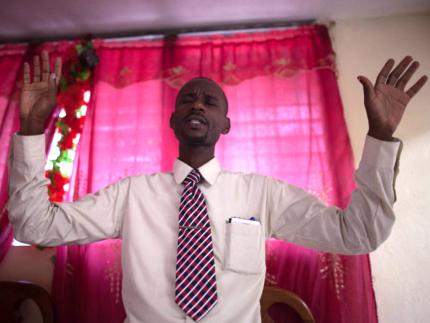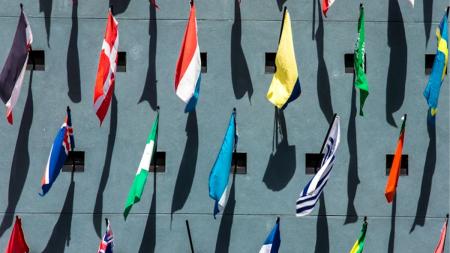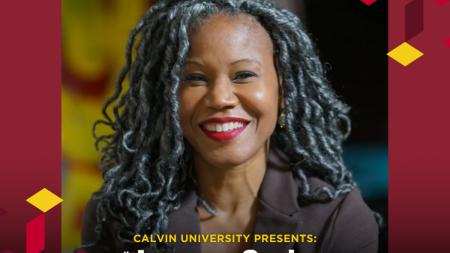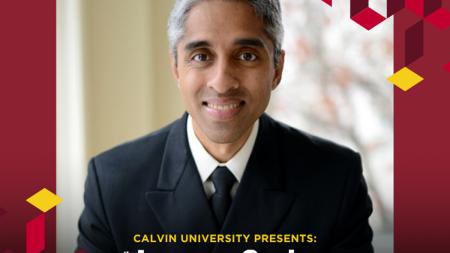In Pursuit of Peace and Justice in Haiti

On July 7, 2021 Haitian president, Jovenel Moïse was assassinated in his home. In the media much attention has since been given to the efforts to apprehend those responsible.
On the streets of the capital city, Port-au-Prince, protesters cry: “No justice, no peace,” as they demand Moïse’s killers be found and punished, but for many Haitian families, their silent cries for peace and justice stem from the heartache they have had to endure due to ongoing gang violence.
Haiti is the poorest country in the Western Hemisphere, and one of the poorest in the world with a poverty rate of 59 percent.
Haiti’s economic development has been significantly crippled by natural disasters. In 2010, an earthquake rocked the country, killing thousands and causing horrific damage to infrastructure. In 2012, Hurricane Sandy pummelled the island nation causing flooding, claiming lives, and putting more economic hardship on the Haitian people.
In 2016, Hurricane Matthew hit even harder than Hurricane Sandy, and in 2018 a 5.9 magnitude earthquake had Haitians scrambling for their lives. Then, in 2020, in the midst of the economic challenges of the COVID-19 pandemic, Hurricane Laura swept across Haiti with deadly and destructive force.
The economic instability caused by these disasters, coupled with ongoing political unrest, has been fuelling tensions and gang violence.
In early June 2021, heavily-armed rival gangs, fighting for control and dominance, began clashing in the neighbourhoods of Martissant and Fontamara. Many people in these neighbourhoods were already struggling with poverty, but the violence robbed them of what little they had.
As gangs clashed, they burned hundreds of houses, killed and injured bystanders, and forced thousands to flee. By the end of June, an estimated 260,000 people had been adversely affected by the violence with 13,600 forced to flee their homes. These numbers will continue to rise as long as the violence rages on.
Displaced people are finding refuge with host families or in places like the Carrefour Sports Centre, where over 1,000 households have constructed tents and makeshift shelters.
The living conditions in these shelters are appalling. Men, women, and children are crowded together, in dire need of food and with no sanitation facilities. Violence against women and girls is frequent.
Added to these conditions, torrential rains and rising COVID-19 case counts in Haiti have left displaced people in even more desperate need of help. At the same time, continued gang violence is hampering urgent humanitarian efforts.
World Renew and its local partner in Haiti have been able to distribute food items and hygiene kits to vulnerable families and COVID-19 affected households despite the challenges of the gang warfare. Through this same partner, World Renew is now preparing to bring relief — in the form of emergency supplies both in and outside shelters — to Haitian families impacted by gang violence.
They plan to provide food to 150 displaced households, address adolescent girls’ and women’s urgent hygiene requirements, and equip 750 people with hygiene kits so they can better protect their health.
In addition, World Renew recognizes that with a lack of safe and sanitary facilities in shelters, women and girls are at risk. They are coordinating with other agencies engaged in emergency response to establish temporary, private, and gender-sensitive latrines.
While gangs battle for control and dominance, there is a greater battle to be considered — the battle to deliver justice and mercy to the Haitians caught in the crossfire. Please walk alongside World Renew to bring God’s peace to the hearts of Haitians who have had to endure so much hardship.
With your gift you can help to ease their suffering and deliver hope for a brighter future. Give now to help in the Haiti response.


